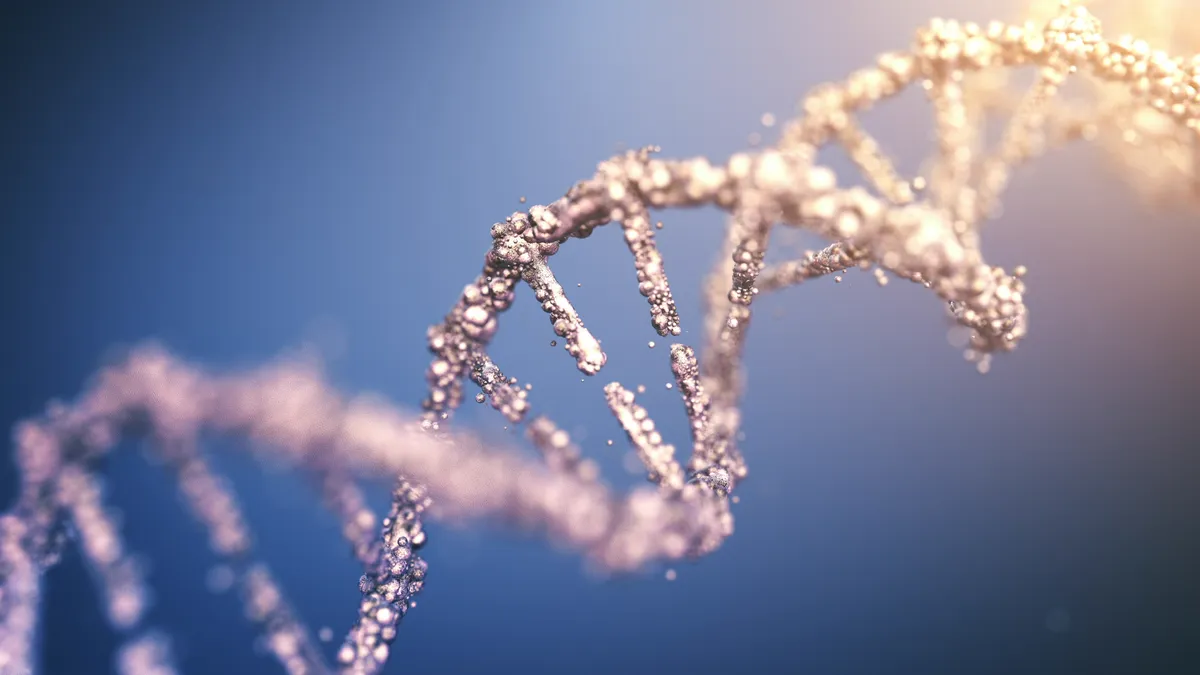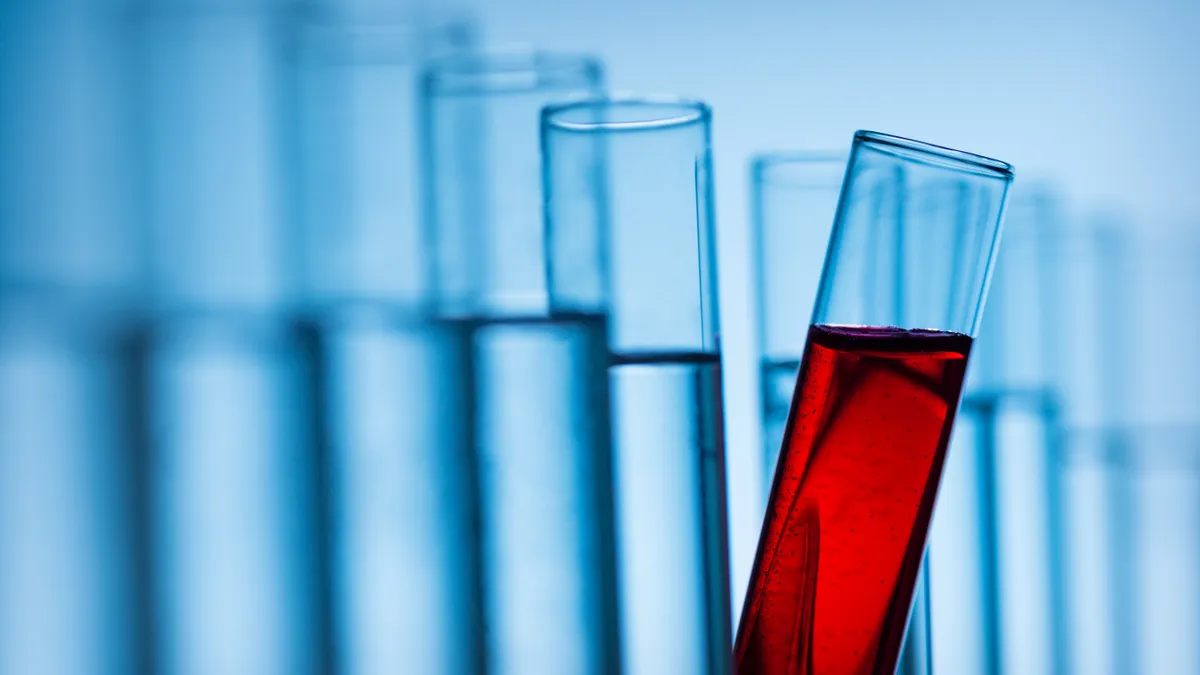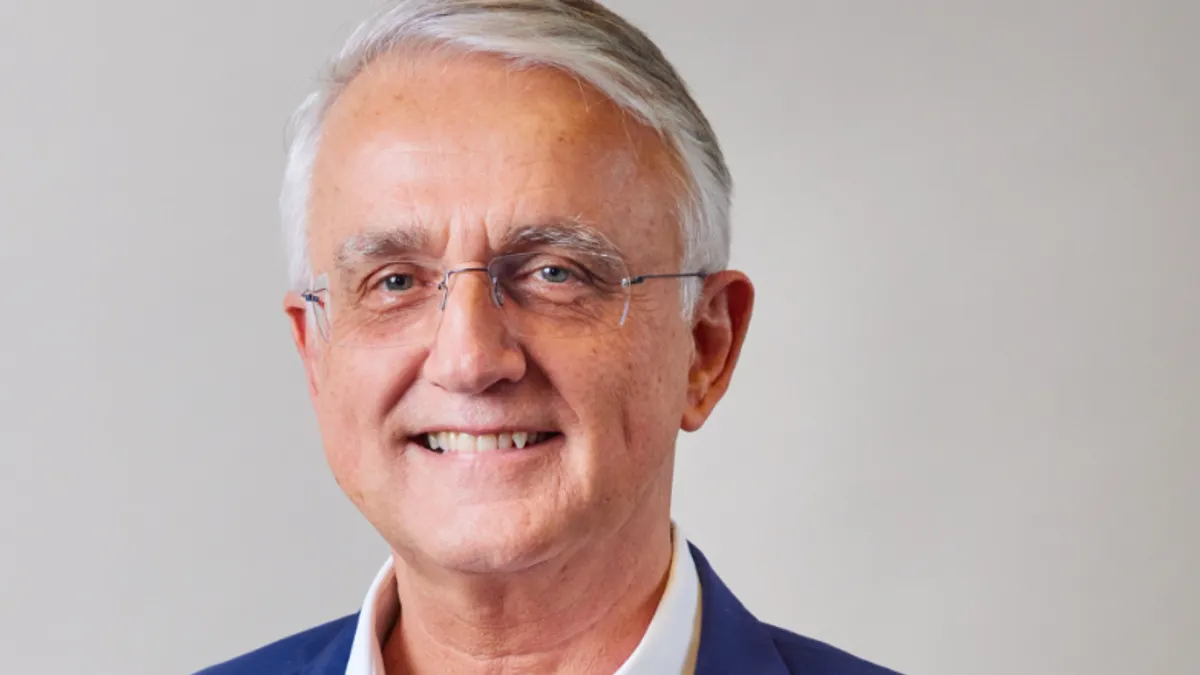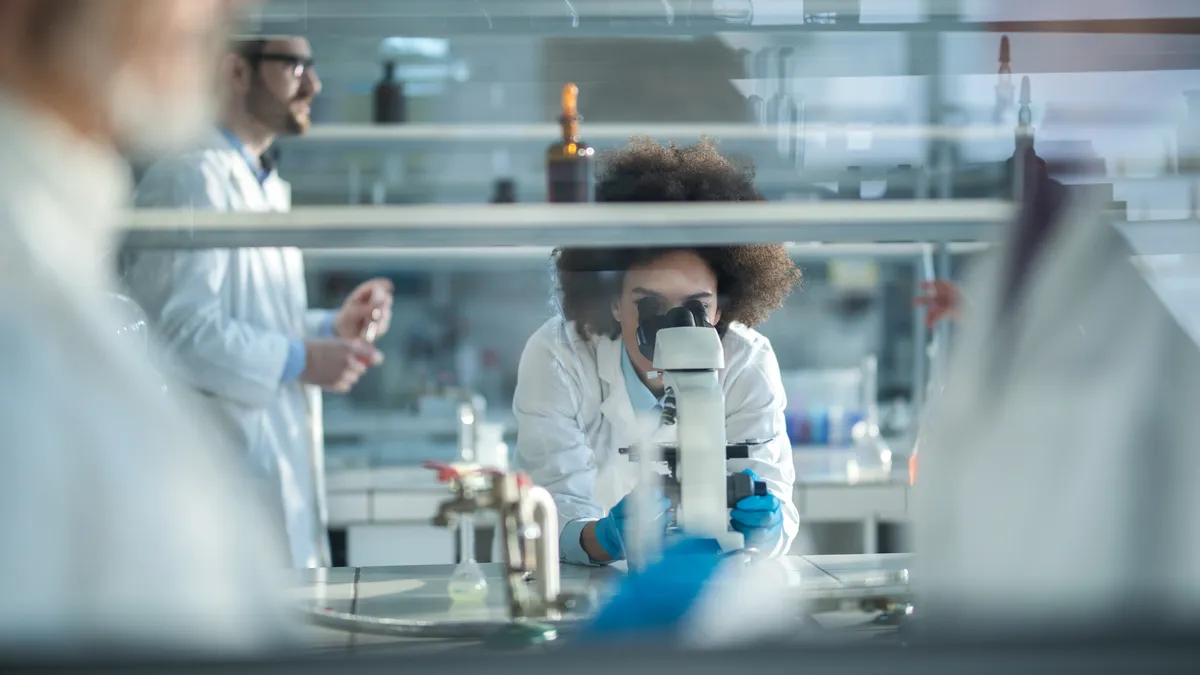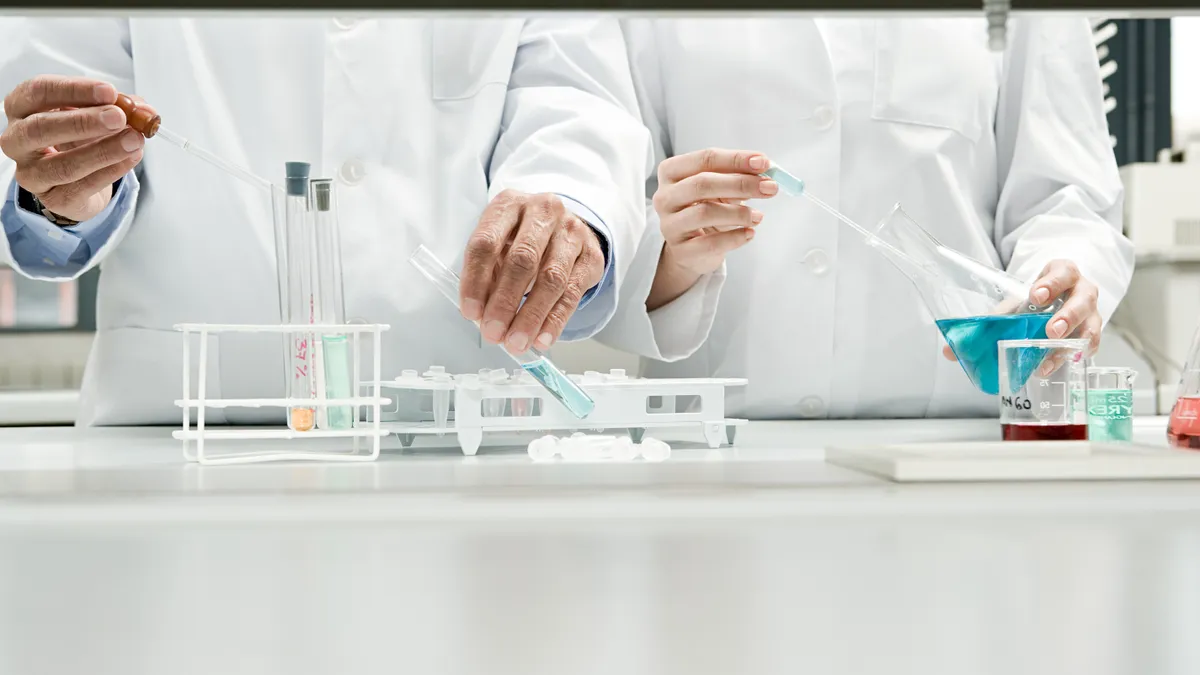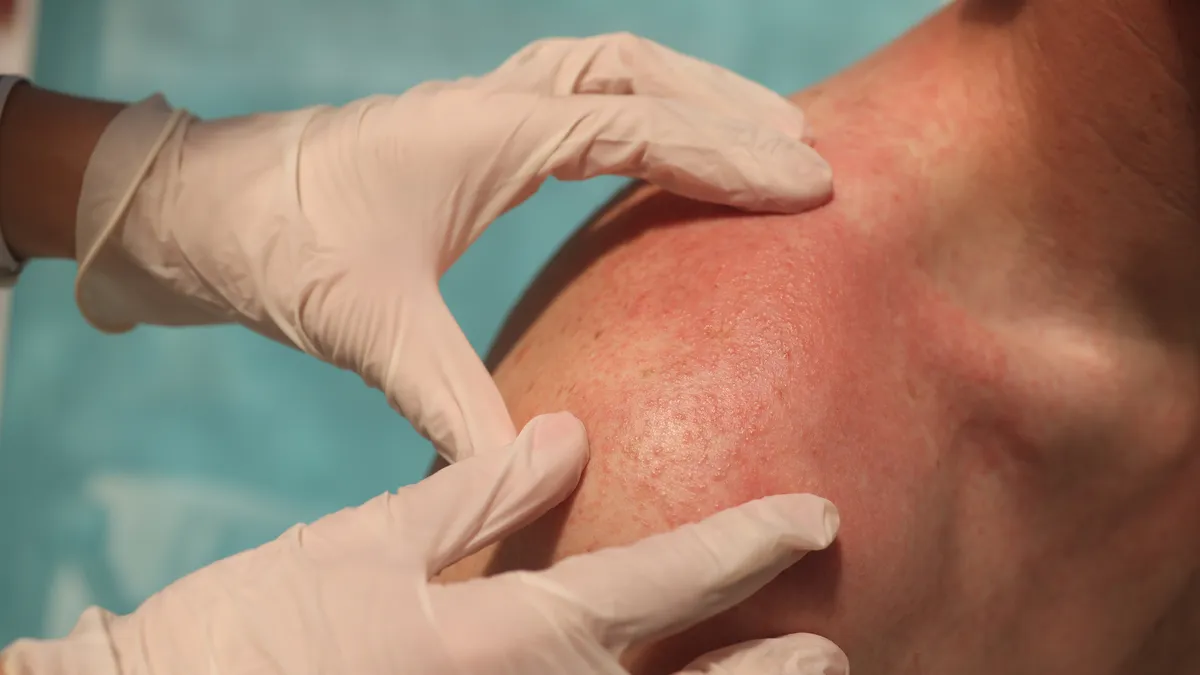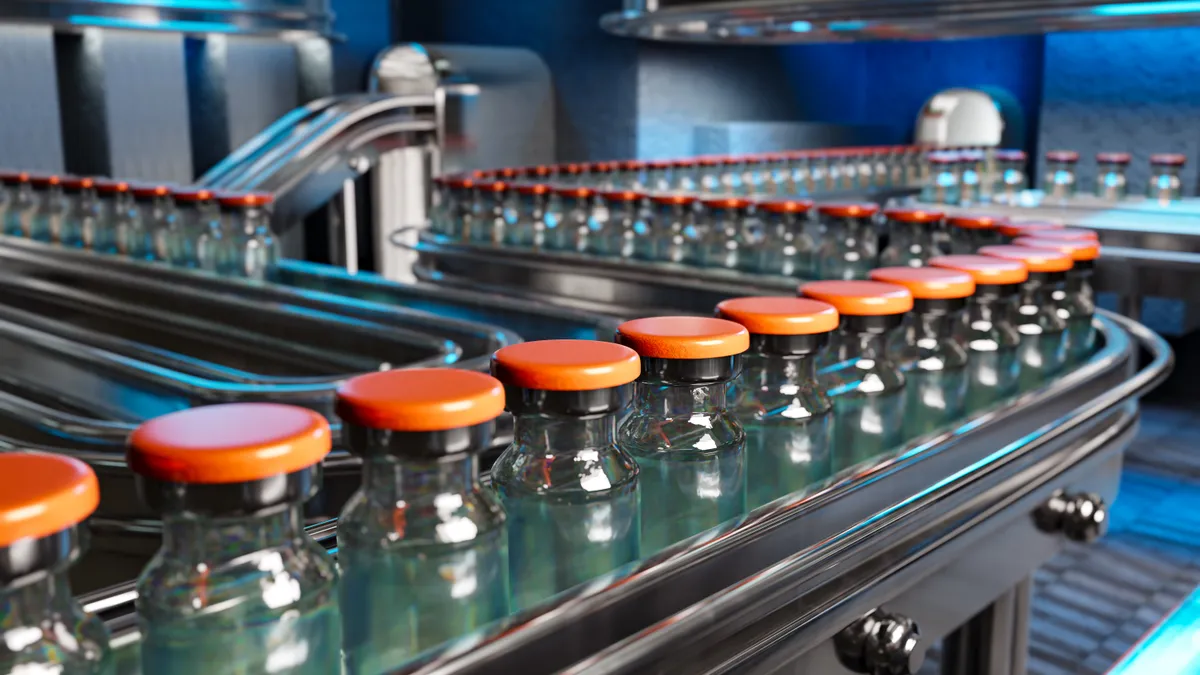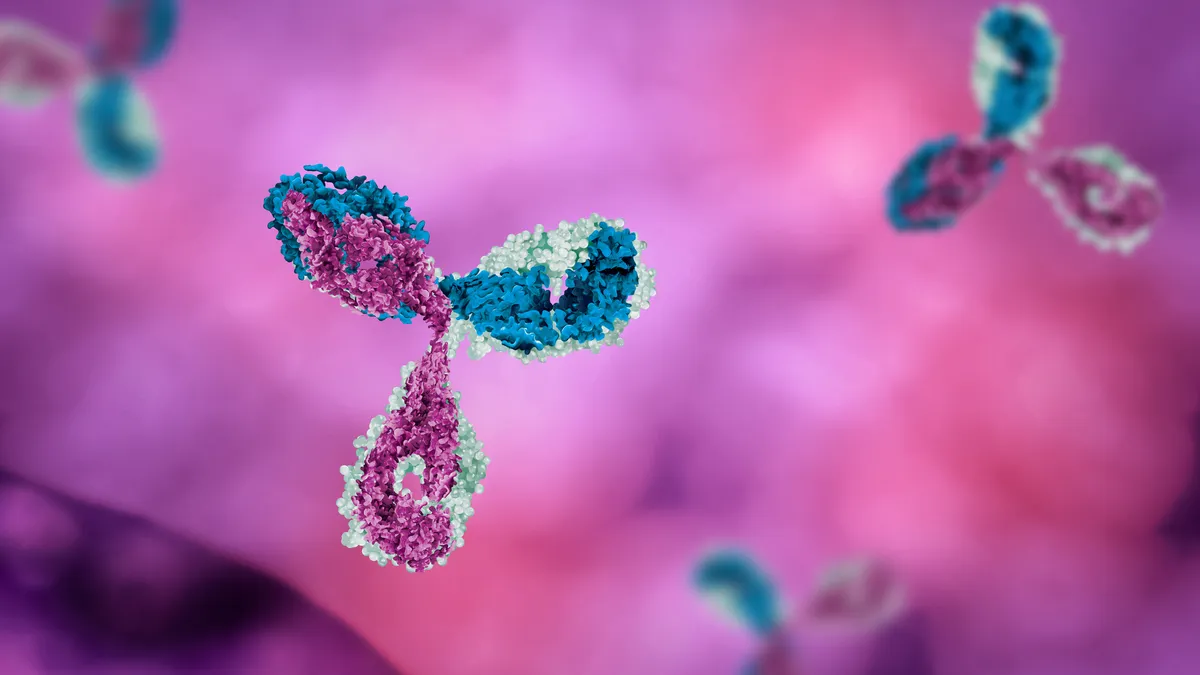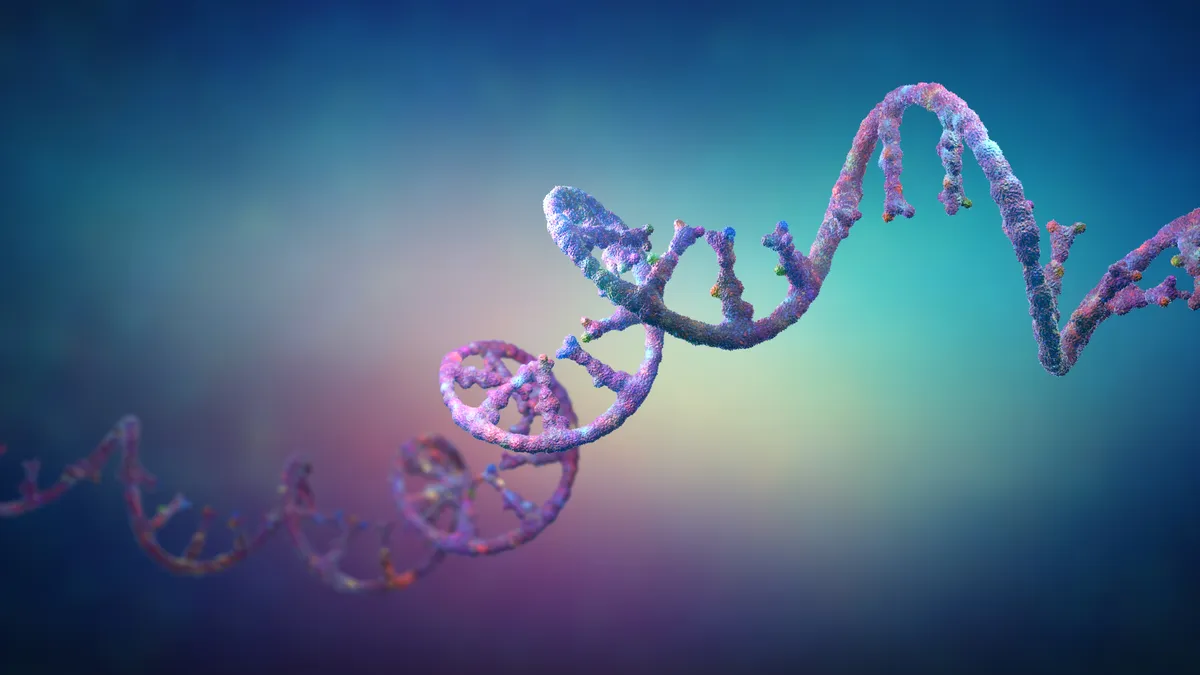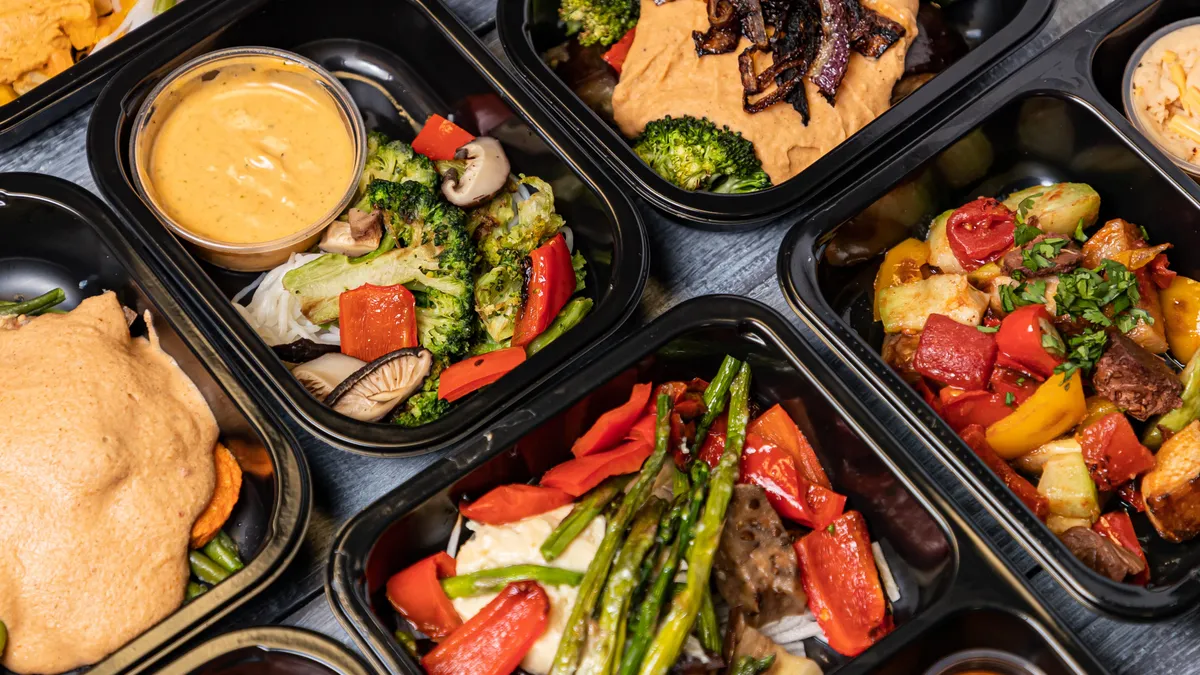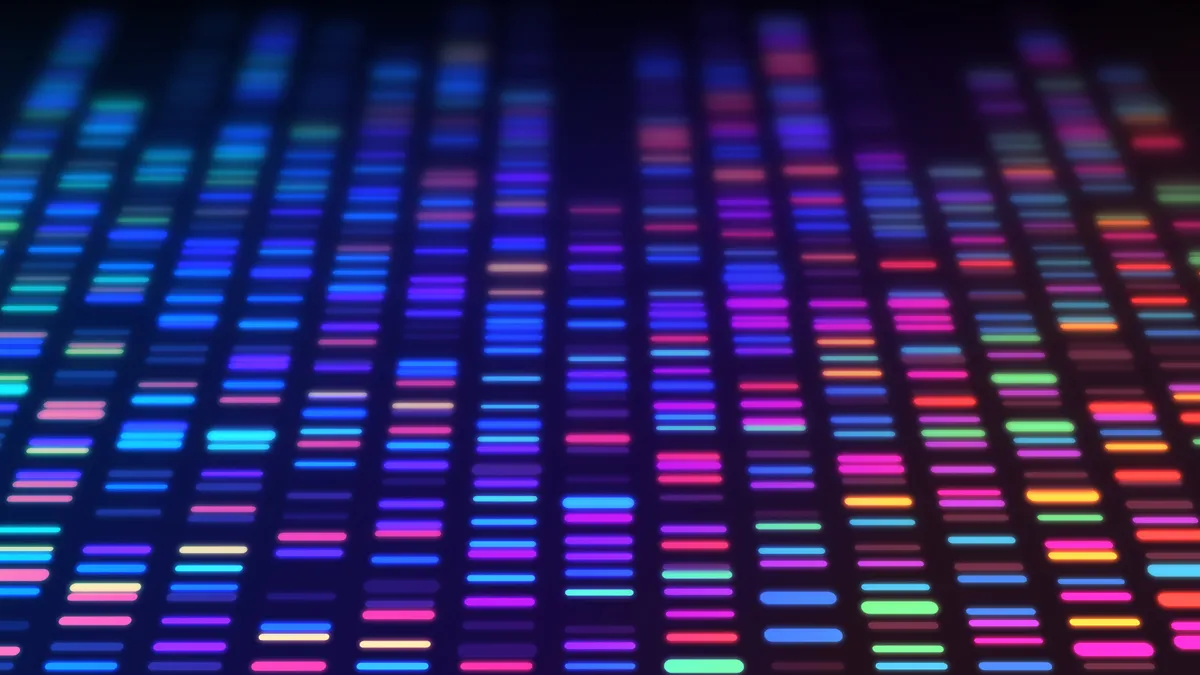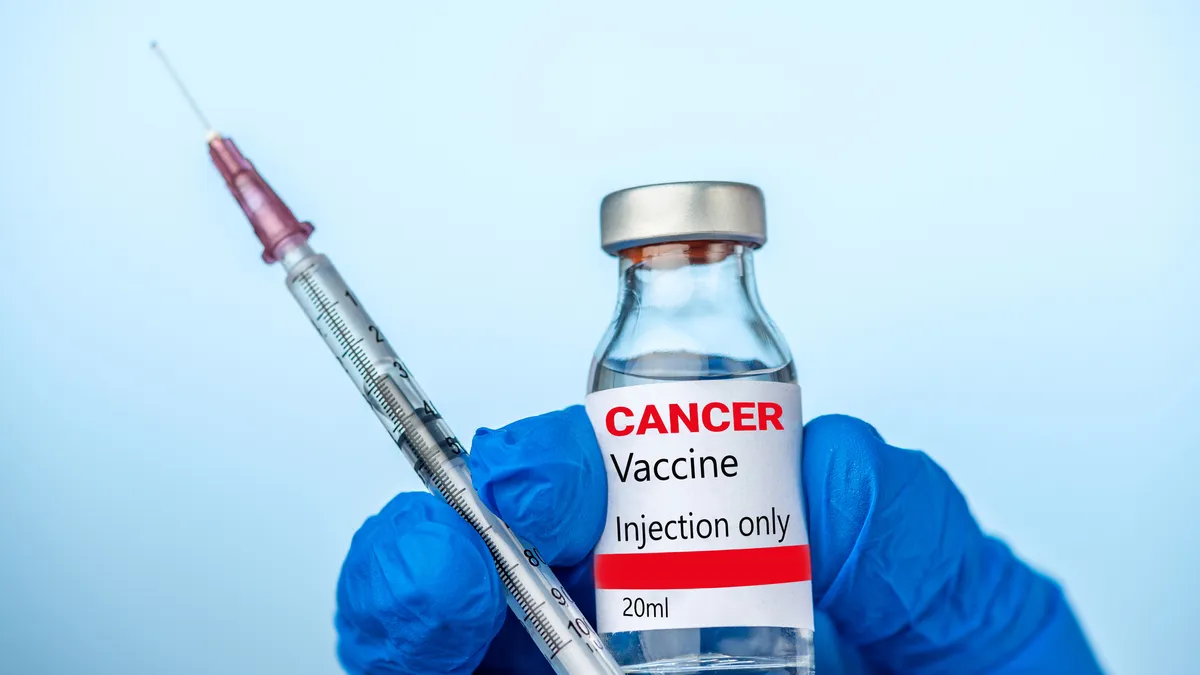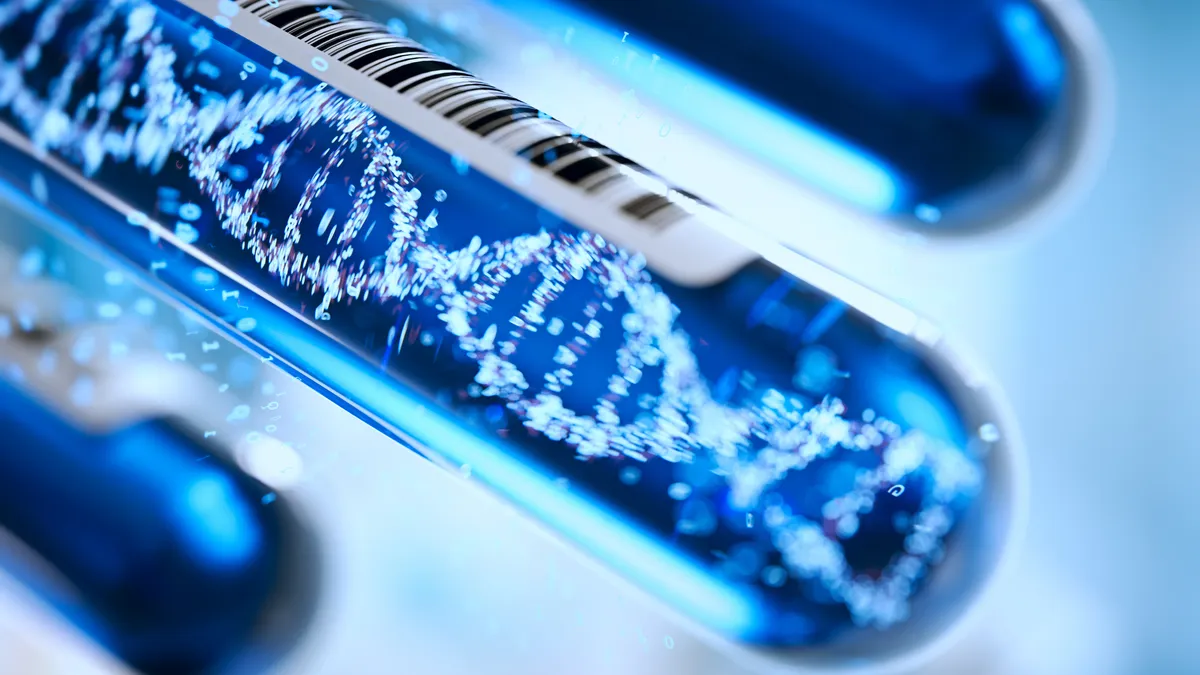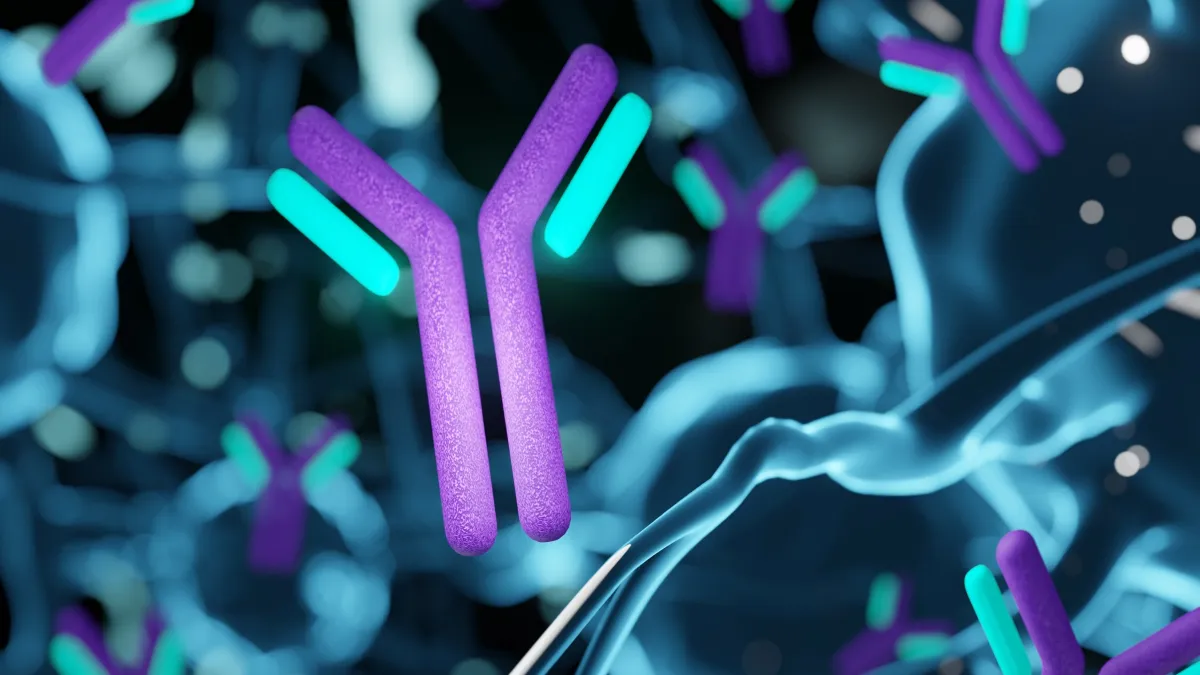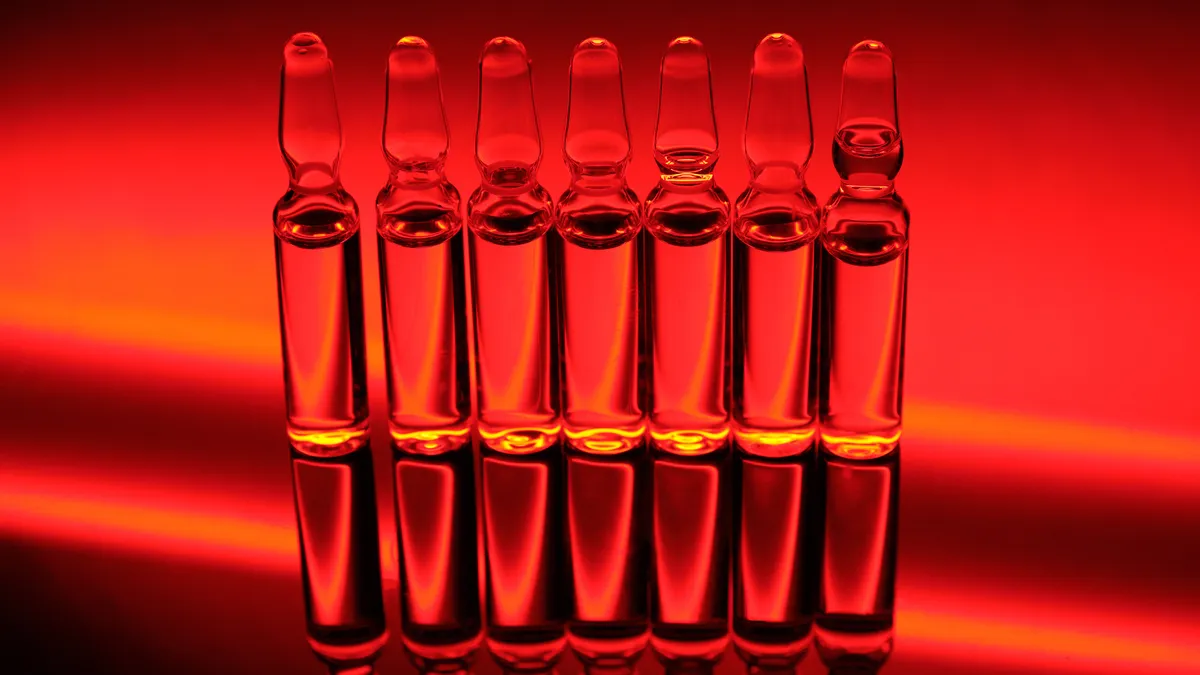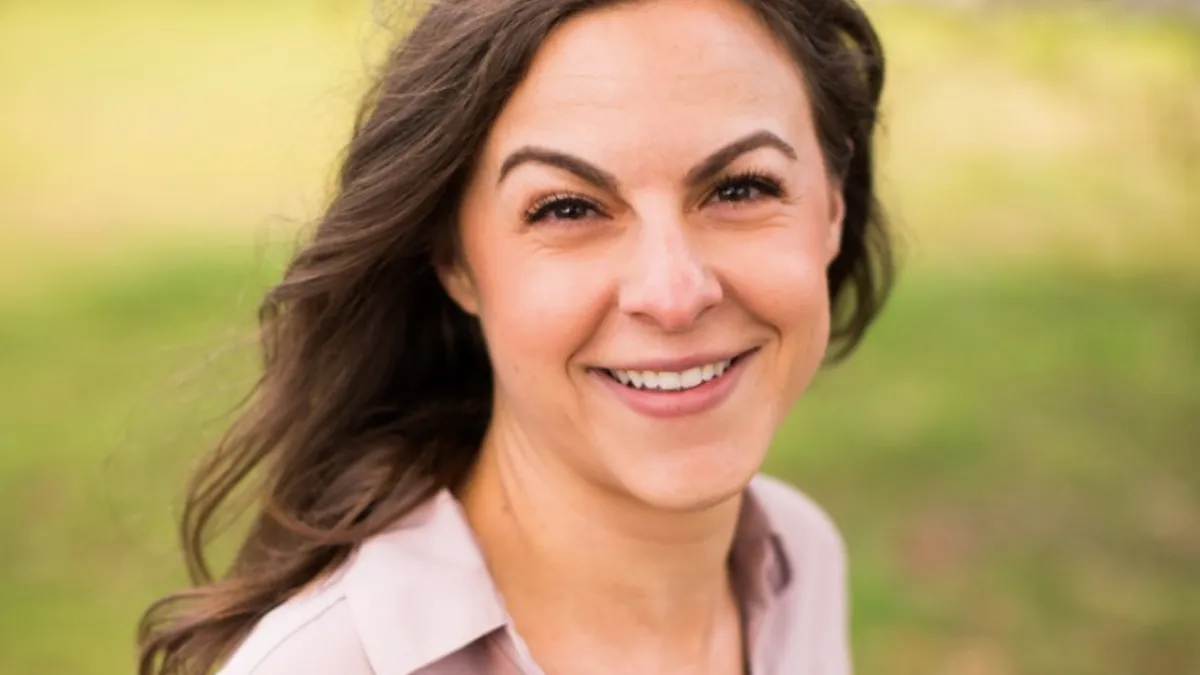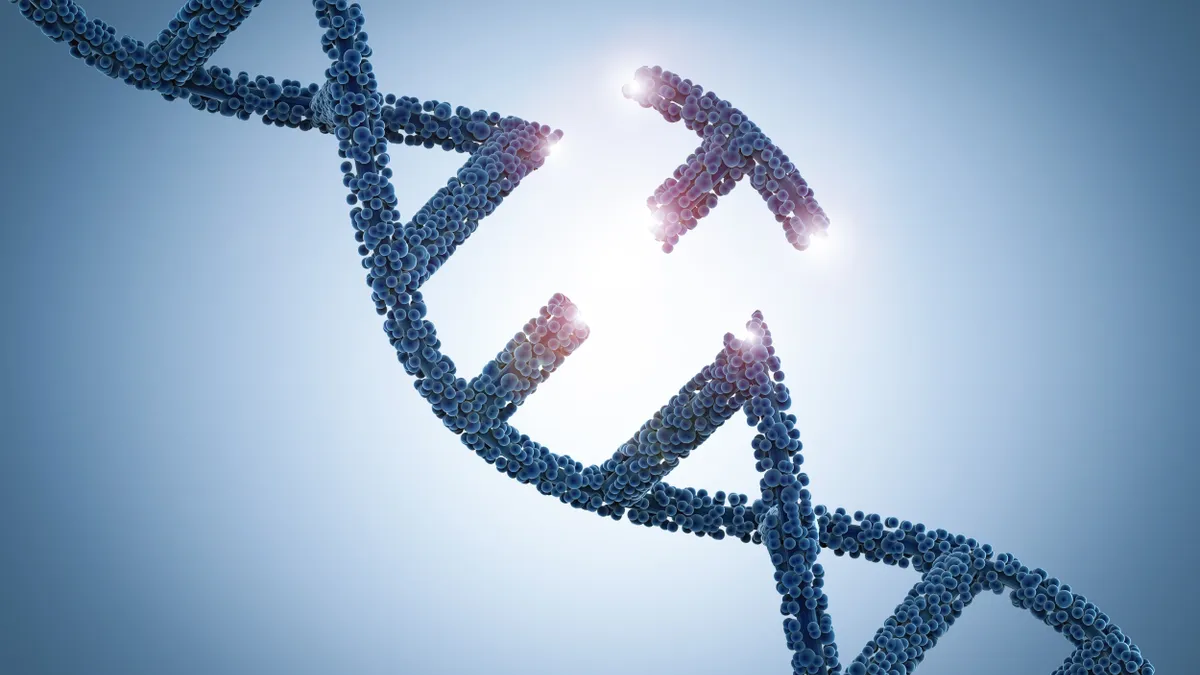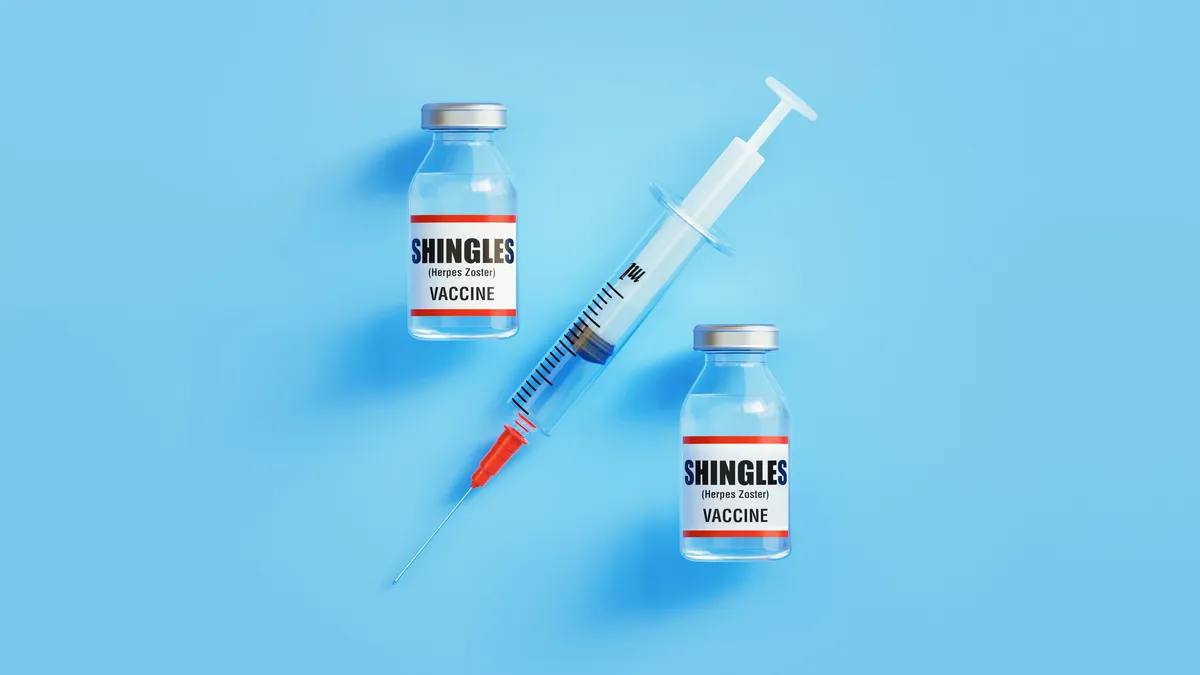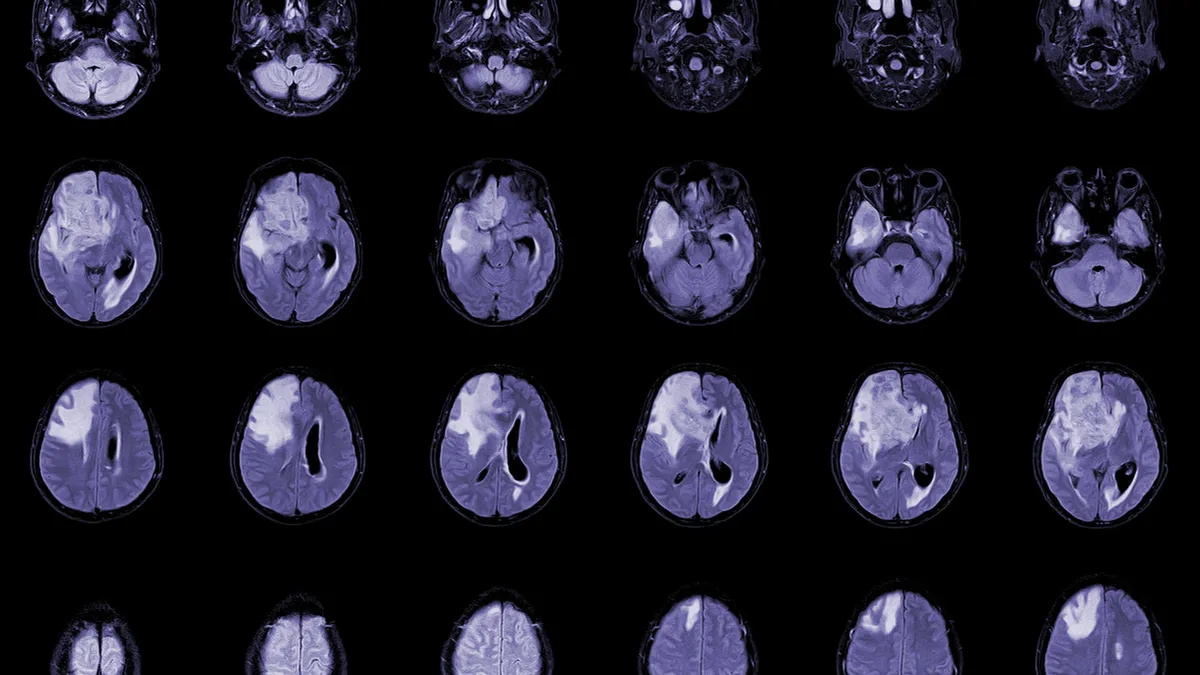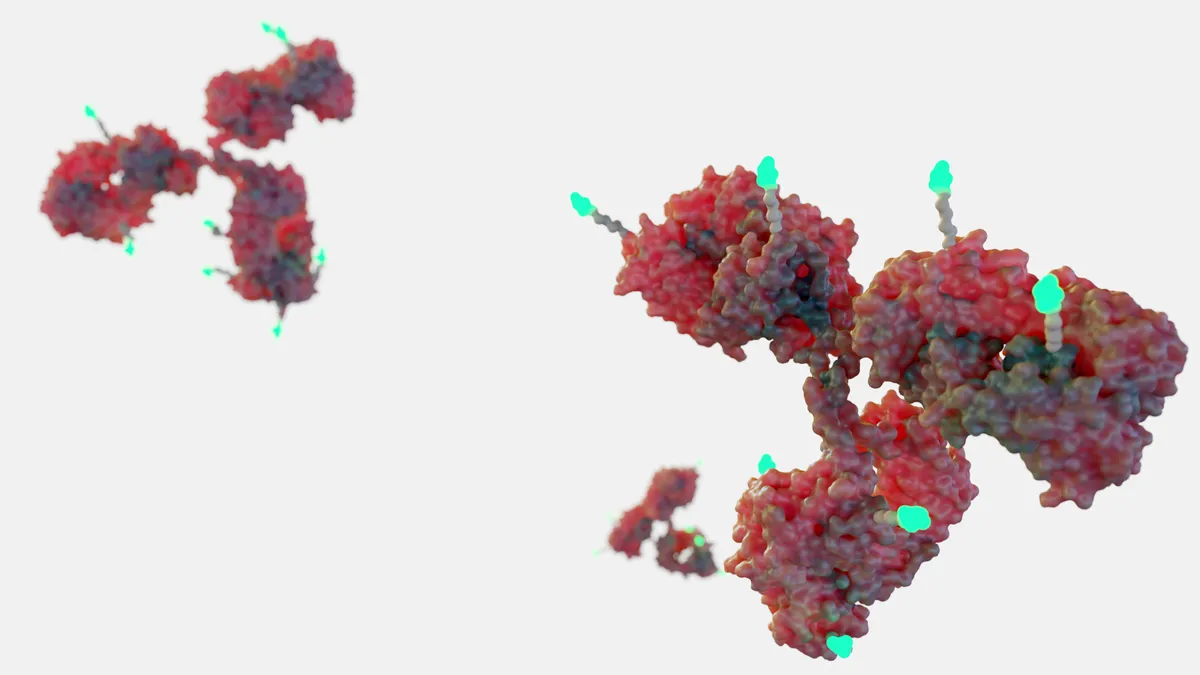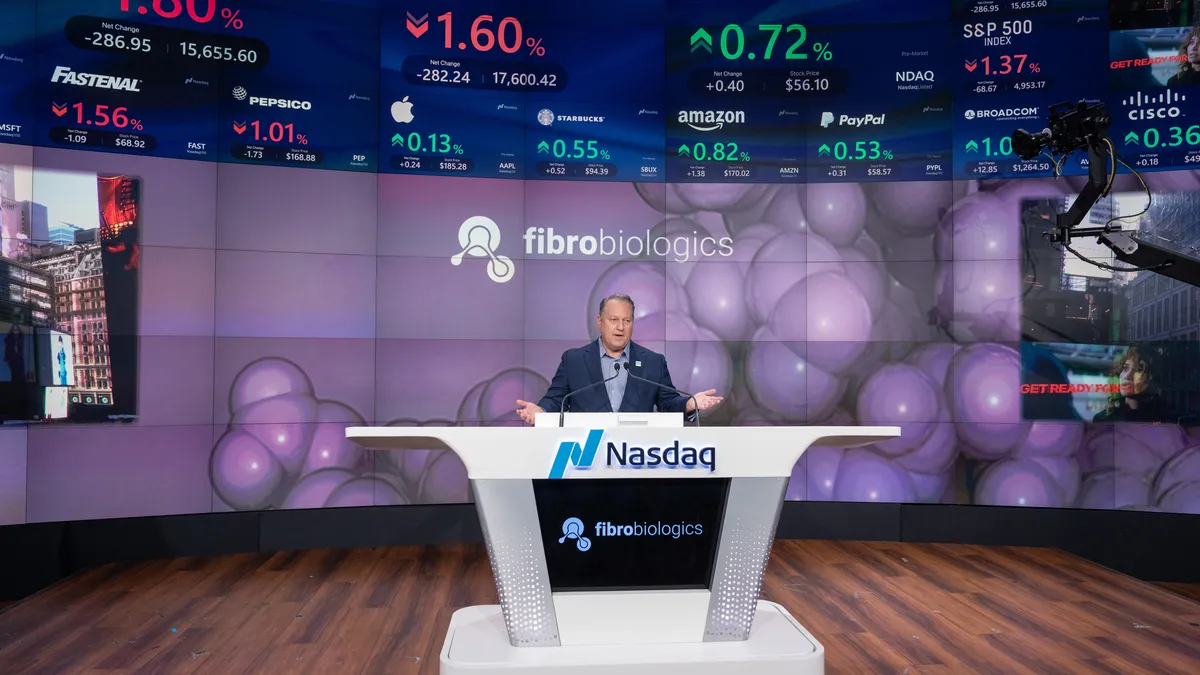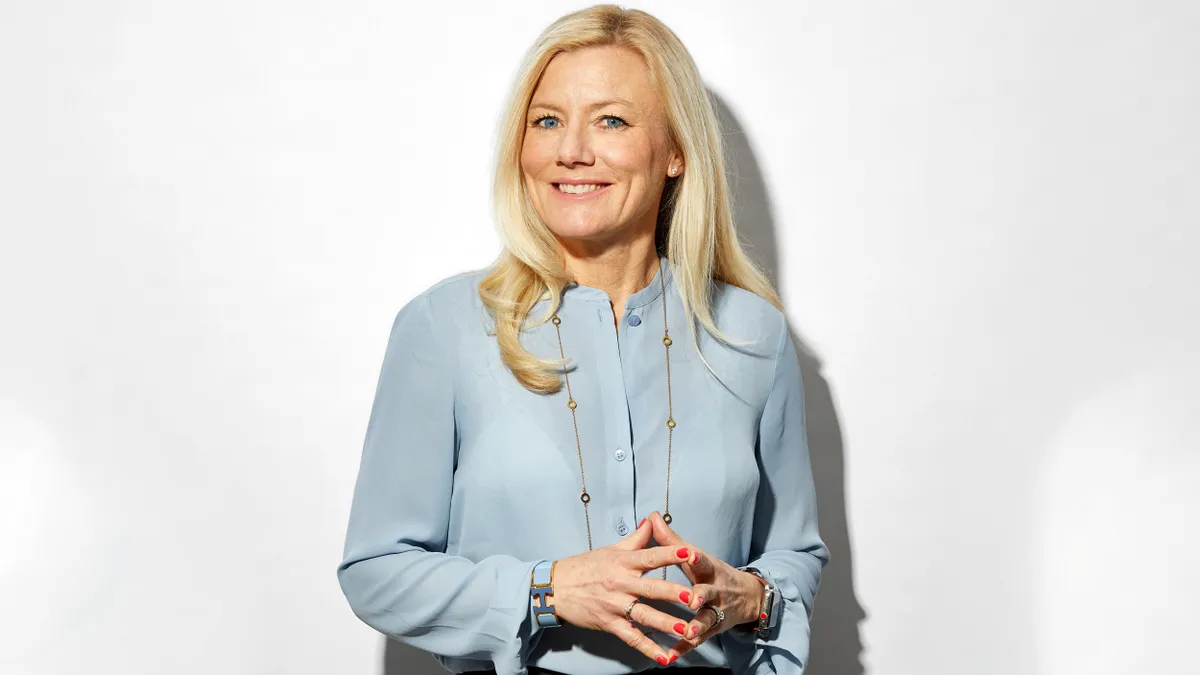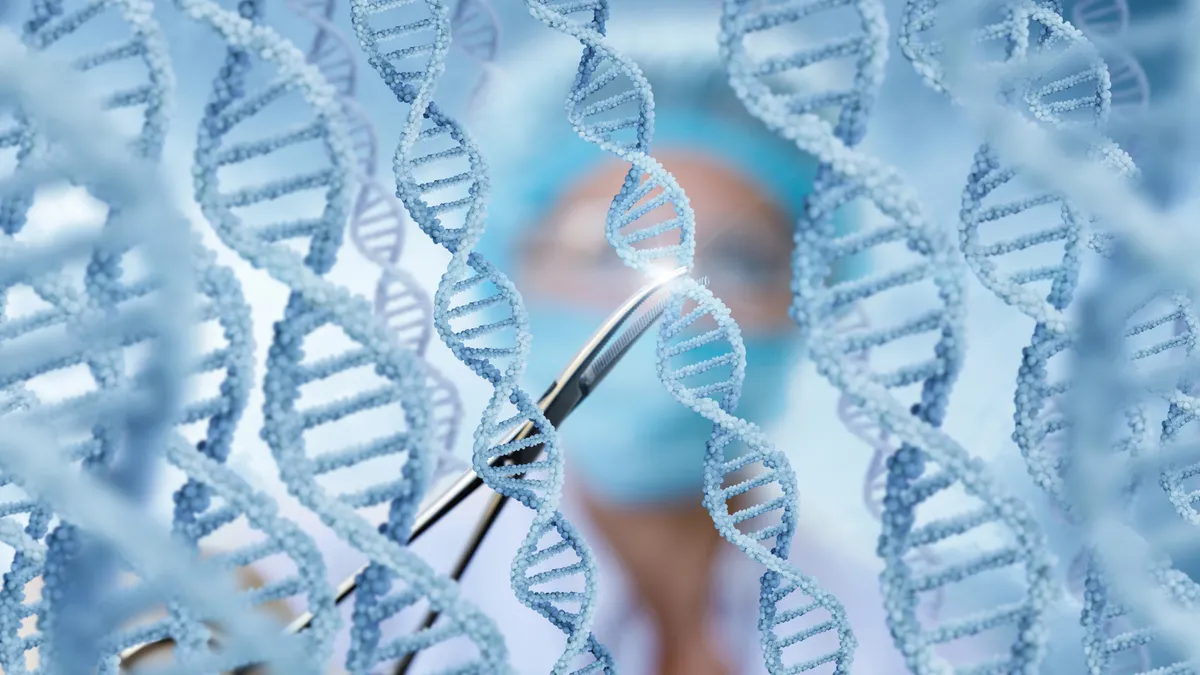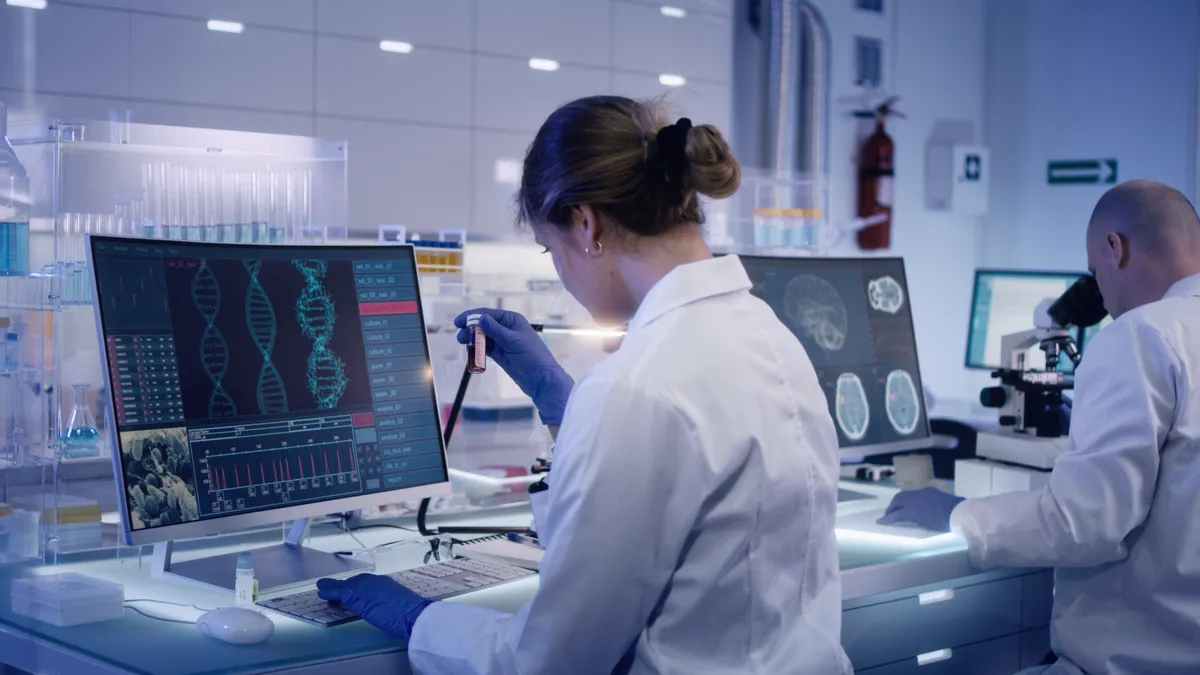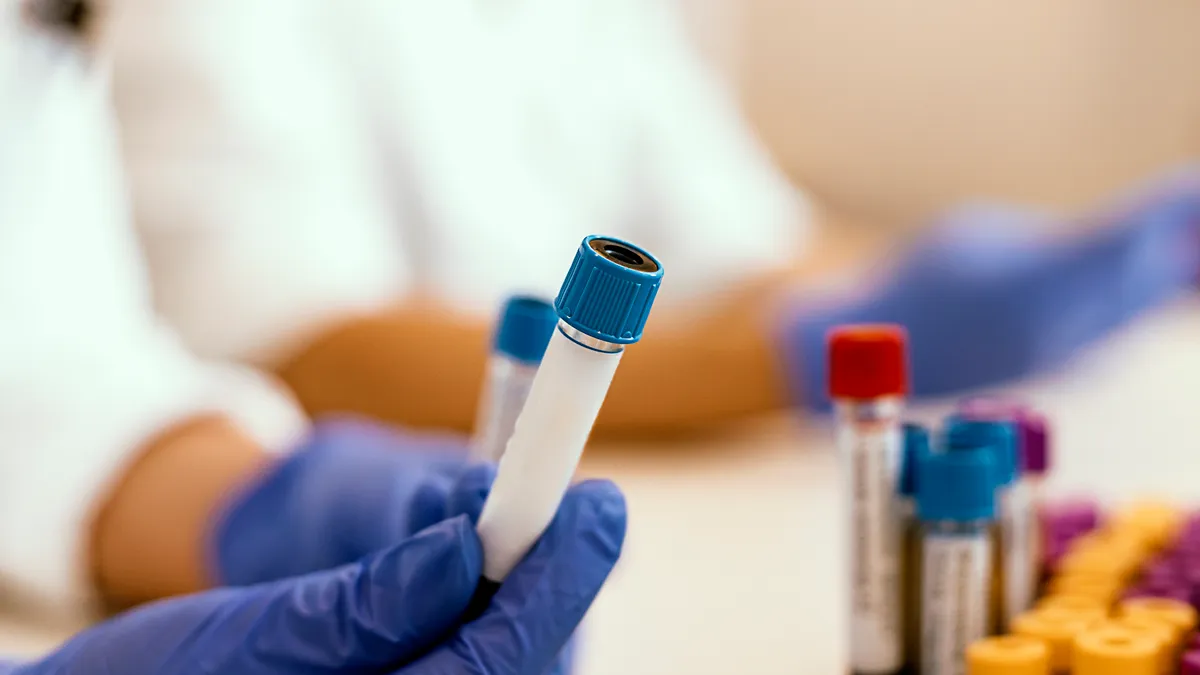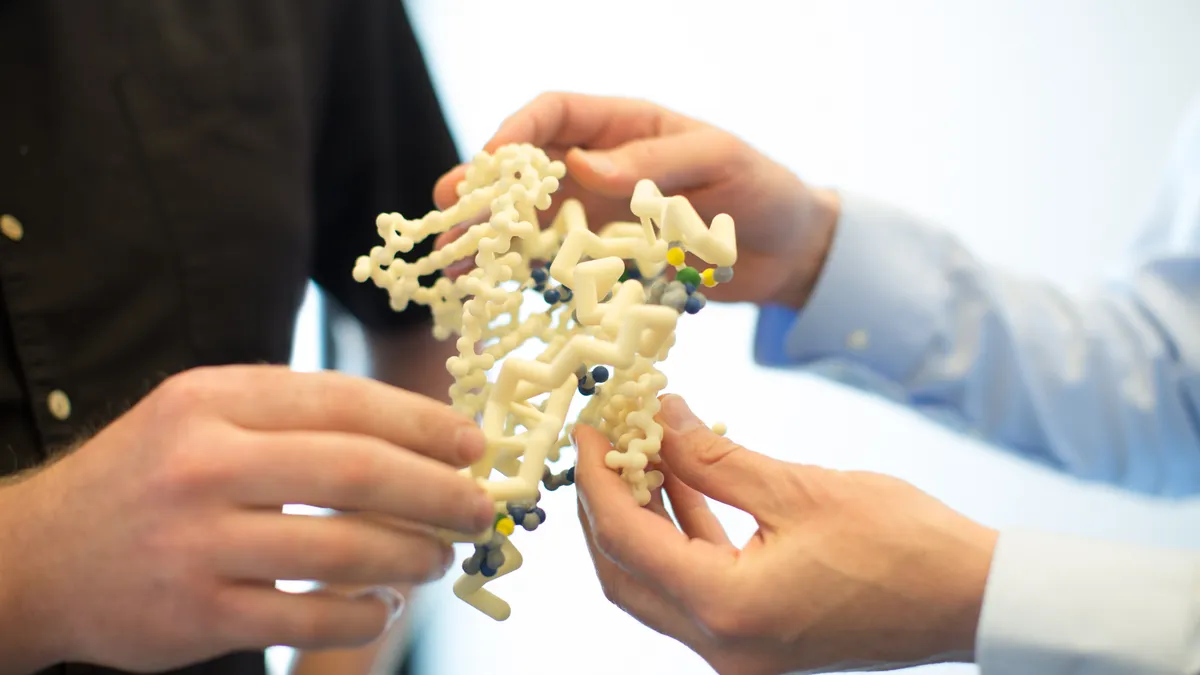Welcome to Biotech Spotlight, a series featuring companies with breakthrough technologies and strategies. Today, we’re looking at Twist Bioscience, a synthetic biology company that has developed a DNA synthesis platform to industrialize the engineering of biology.
In focus with: Aaron Sato, Ph.D., chief scientific officer, Twist Bioscience
Twist Bioscience’s vision: With its DNA synthesis platform, Twist is seeking to advance innovation by leveraging its broad range of synthetic DNA-based products to help companies discover and optimize antibodies quickly. Sato believes this can be achieved because Twist can automate the entire process of DNA synthesis and achieve precision in manufacturing DNA at scale.
Why it matters: Biologics drug discovery has long been hampered by the slow and costly process of making DNA. By synthesizing the DNA manufacturing process, Twist has enabled the industry to access high-quality synthetic DNA quickly and cost-effectively. Its platform enables the production of more than a million unique ssDNA oligos in a single run, which is integral to innovation since oligonucleotides, or oligos, serve as the starting point for many molecular and synthetic biology applications.
The company’s strategy: Twist started its business with synthetic biology, building out its product suite before expanding into a broader range of synthetic DNA-based products, including tools for next-generation sequencing (NGS) preparation and antibody libraries for drug discovery and development. The company’s vision is to go beyond simply delivering the DNA itself to putting it into drug discovery applications such as protein cells and viruses. The company is also committed to creating its own drug discovery leads from its libraries and licensing those out.
At a glance: Sato describes Twist as the Amazon of DNA, allowing companies to go online, enter their gene information, and three weeks later, have DNA delivered to their door. And because Twist can make millions of oligos, it can also make large amounts of synthetic genes, which speeds production while lowering its costs.
In PharmaVoice’s conversation with Sato, he discusses what makes Twist’s technology unique, the company’s expansion of the platform, partnerships with industry and longer-term goals.
PharmaVoice: Can you describe Twist’s platform and how it stands out from other companies developing synthetic DNA.
Aaron Sato: One of the things we’re really good at is synthesizing DNA on a silicon chip and producing millions of oligos in a single run. It’s a bit like an inkjet printer, which, rather than printing color, prints nucleotides, tiny spots, and each spot is basically a separate oligo. It’s an amazing system for making oligo pools of defined sequences. It's almost limitless in terms of what we can actually synthesize and not have to rely on the natural sources of DNA to come up with those specific sequences.
We can then use those batches to make custom DNA products. And because of this amazing ability to make lots and lots of oligos, we can also make tons of synthetic genes, which has allowed us to bring down our costs. Another advantage is we use fewer chemicals, which means our production methods are less harmful to the environment. In 2018 we expanded the application of our technology to NGS sequencing, which allows us to get more uniform data so we can pull down specific panels of sequences rather than sequencing the entire genome. A further key part of the business is our DNA library business. Customers might use that library technology to look at, for example, panels of antibodies to make billions of different antibodies, or for other purposes such as enzyme or protein engineering.
What are some of the fundamental challenges in drug discovery and how does Twist’s platform address these?
Before I came to Twist, I spent a couple of decades in biologic drug discovery and I was always hampered by DNA. I couldn't make enough proteins because I was always limited by how much DNA I could order because it was always expensive and slow to produce. Twist has enabled the whole industry to make much more DNA than was thought possible, and has really opened up the field so that you don't even have to clone anymore. You can just go online, order and it shows up three weeks later.
Twist started out as purely a synthetic DNA provider and is now seeking to position itself as a diverse company with a growing biopharma business. Can you describe that journey?
While Twist’s synthetic biology business was a great revenue generator, the founders saw opportunities for applying DNA. I came on board four years ago to enable our customers to discover and optimize antibodies really quickly. We kicked off a new product this year, high throughput antibody production, a gene-to-protein workflow that produces tens to thousands of diverse antibodies for screening biophysical and pharmacokinetic properties. So we’re really pushing the workflow downstream to other ways of using DNA and making products that are useful to the pharmaceutical industry, as well as other industries.
DNA can be used for generating proteins, for generating engineered cells and engineered viruses that can be used, for example, in vaccines. So rather than just delivering the DNA itself, we can put it into these other vehicles to deliver something that's of high value for our customers.
Twist recently announced an out-licensing deal with Astellas where the two companies will jointly conduct research activities to identify and optimize proprietary Twist antagonist antibodies as potential therapeutic candidates. Can you describe that collaboration and why it’s so different to previous partnerships?
Previous partnerships were really using those libraries that we created internally to do funded research projects for partners to help them discover antibodies, and we also license out those libraries. With Astellas, we had done some internal work to come up with our own leads, and they were very interested in what we had done. So they signed on for a lead option deal for an exclusive license in the future and are paying us to optimize the candidates that we came up with. Eventually, if it's successful, this will lead to an exclusive license with them. This will be the first time that we've actually created our own lead from our libraries.
We remain reliant on finding pharma partners to conduct drug development, but we are keen to form more partnerships where we find those initial leads, perhaps do some preclinical in vivo data, and then work with them to develop and eventually license exclusively to them.
You also recently spun out a company, Revelar, to develop new antibody therapeutics including proprietary candidates in COVID. How did that come about?
Early in the pandemic we applied our technology to COVID-19, which led to the identification of a number of antibodies and the testing of several drug candidates in live Sars-CoV-2. We were able to show in vitro that we could neutralize different variants of the virus. Rather than license that out, we created a new company, hired a management team and spun that out as Revelar. In addition to developing a COVID candidate, the company can also create future drugs with Twist. The idea is they come to us and give us specific targets that they want to work on, and we use our platform to discover future antibodies for them. It’s a nice pairing. They work with skilled experts on the drug discovery side, and we help to enable their pipeline.


